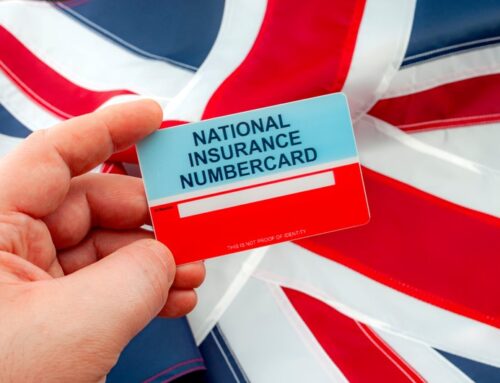If you are required to register your business for VAT purposes you are joining that reluctant band of business owners that are obliged to collect tax for HMRC.
The amount of VAT you have added to your sales, less VAT you have paid out on qualifying purchases, will be paid to HMRC at the required intervals, usually quarterly. As long as your customers pay you the VAT added, over time there should be no effect on your profits, but there can be dramatic impacts on cash flow.
Unfortunately, this is not the end of your responsibilities to act as unpaid tax collectors.
If you employ a person, and HMRC considers that their salary should be reduced by Income Tax and National Insurance contributions, it is your legal duty to make these deductions and pay them directly, every month, to the Collector of Taxes.
As with VAT registered traders, there is no increase in costs to an employer if employee contributions (Income Tax and National Insurance) are considered in isolation. However, employers also have to pay a separate National Insurance Contribution (NIC) and these are added to monthly payments to HMRC.
Therefore, these employer NIC contributions are a cost to the employer’s business.
We are not aware of the overall costs to UK businesses of calculating PAYE and NIC to meet these demands, but it must be considerable.
The alternative would be to make employees responsible for calculating Income Tax and NIC deductions and paying their taxes individually instead of receiving wages and salaries net of these deductions.
However, UK business owners need to be aware of these obligations and take them into account as the tax collection activities will take up time or increase overheads.





